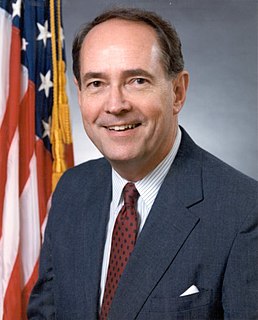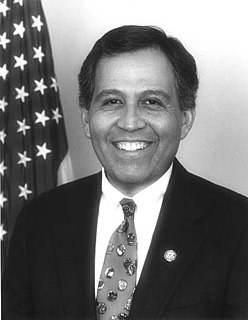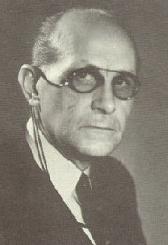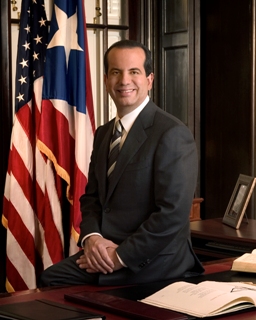A Quote by Chrystia Freeland
One of the most important political and economic facts of this young century is that capital has been slipping the traces of the nation-state. Business is global; government is national.
Related Quotes
It is federal, because it is the government of States united in a political union, in contradistinction to a government of individuals, that is, by what is usually called, a social compact. To express it more concisely, it is federal and not national because it is the government of a community of States, and not the government of a single State or Nation.
Money is an instrumentality of the profit motive and must be issued and backed only by private enterprisers. Economic and political perversities are inescapable while government is admitted to money power. Since all national governments have, up to the present, been money issuing powers we may justly attribute all the economic and political ills of mankind to this single error.
Suffice it to say that Wall Street investors in the drug industries have used the government to unleash and transform their economic power into political and global military might; never forget, America is not an opium or cocaine producing nation, and narcotic drugs are a strategic resource, upon which all of the above industries - including the military - depend. Controlling the world's drug supply, both legal and illegal, is a matter of national security.
For over a century, popular struggles in the democracies have used the nation-state to temper raw capitalism. The power of voters has offset the power of capital. But as national barriers have come down in the name of freer commerce, so has the capacity of governments to manage capitalism in a broad public interest. So the real issue is not "trade" but democratic governance.
The Fascist State lays claim to rule in the economic field no less than in others; it makes its action felt throughout the length and breadth of the country by means of its corporate, social, and educational institutions, and all the political, economic, and spiritual forces of the nation, organised in their respective associations, circulate within the State.


































